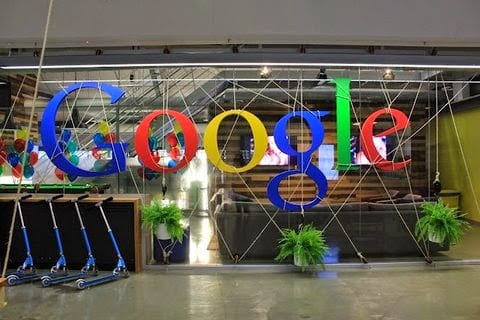Google will now be able to continue its book-scanning project to create a digital library of millions of books after a United States Court of Appeals ruled that the company’s plan is legal under the copyright law.
Google is now operating as a subsidiary of Alphabet Inc (NASDAQ:GOOG) (NASDAQ:GOOGL). The company’s reorganization was completed early this month.
The 2nd U.S. Circuit Court of Appeals in New York ruled that the Google Books project is a public service and the search engine giant does not infringe the copyright of the authors.
Circuit Judge Pierre Leval wrote, “Google’s division of the page into tiny snippets is designed to show the searcher just enough context surrounding the searched term to help her evaluate whether the book falls within the scope of her interest (without revealing so much as to threaten the author’s copyright interests).”
In 2004, the search engine giant stated scanning books under the Google Books project. Google already scanned more than 20 million of books. Google does not plan to make a digital copy of the books and make it available online. It only wants to provide a short excerpt of the book and a link where people can buy it or borrow from a library.
The three-panel judge of the Court of Appeals unanimously stated that the case “tests the boundaries of the fair use,” however they ruled that Google’s project is permitted by the law.
In June 2014, the Court of Appeals rejected a similar case filed by the Authors Guild against a group of universities and research libraries that created a searchable online data base of millions of scanned works.
Google Books project is “incredibly transformative”
In its argument, the search engine giant described the Google Books project “incredibly transformative” and emphasized that its objective is to help people find views. Google argued that allowing people to seen and excerpt of a book online is legal.
“Google Books thus enables users to identify, determine the relevance of, and locate books they might never have found using old-fashioned card or electronic catalogs. A large portion of humanity’s knowledge, however, lies on the printed pages of books that need to be discovered and located before they can be read,” according to Google in its court filing.
Authors Guild argument against Google
The Authors Guild argued that the Google Books project is “quintessentially commercial in nature,” and it is intended to expand the company’s business.
The organization claimed that Google infringed their copyright by scanning and indexing the books without asking the permission of the authors. They filed a lawsuit against Google in 2005.
Circuit Judge Denny Chin oversaw the case at the lower court level. He dismissed the case in 2013, which prompted the Authors Guild to file an appeal.









